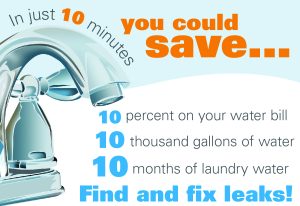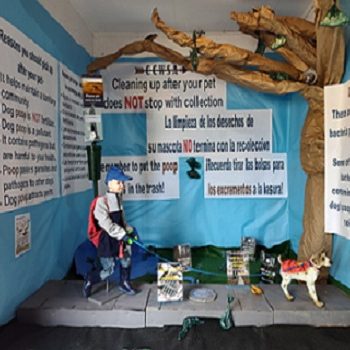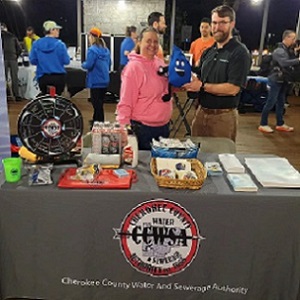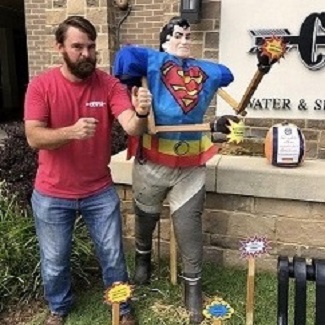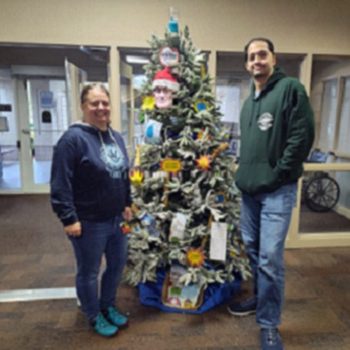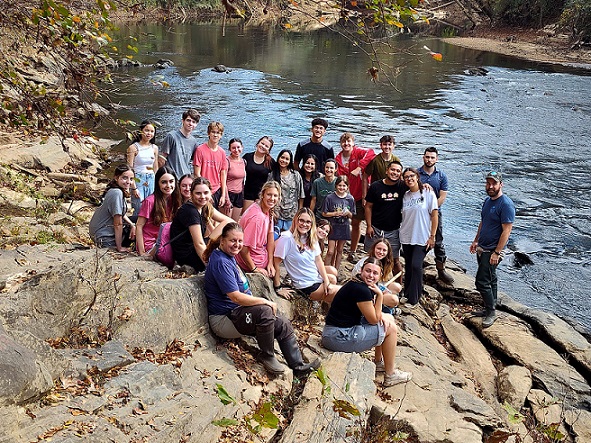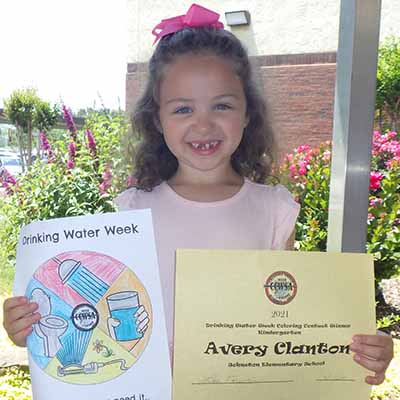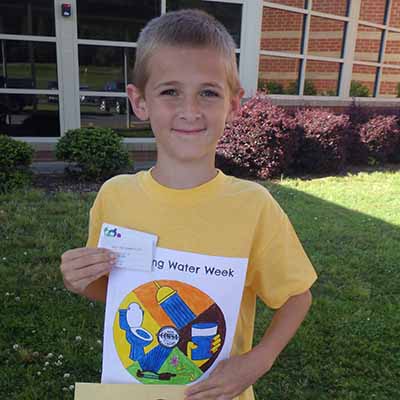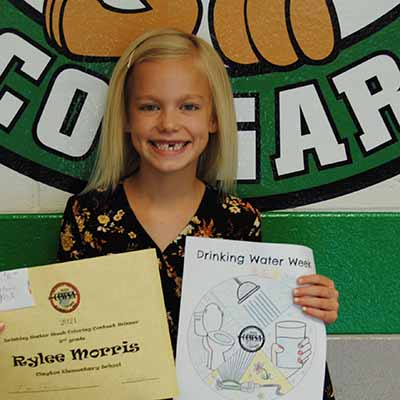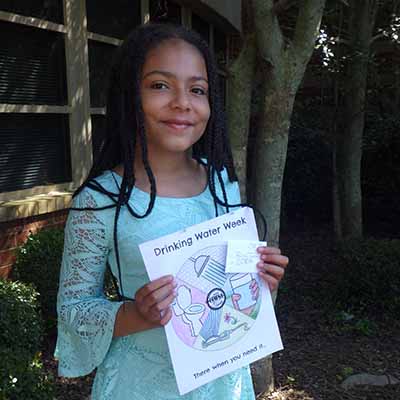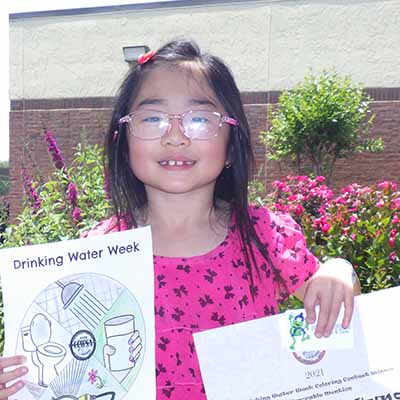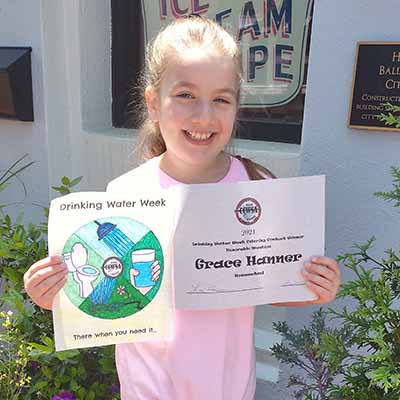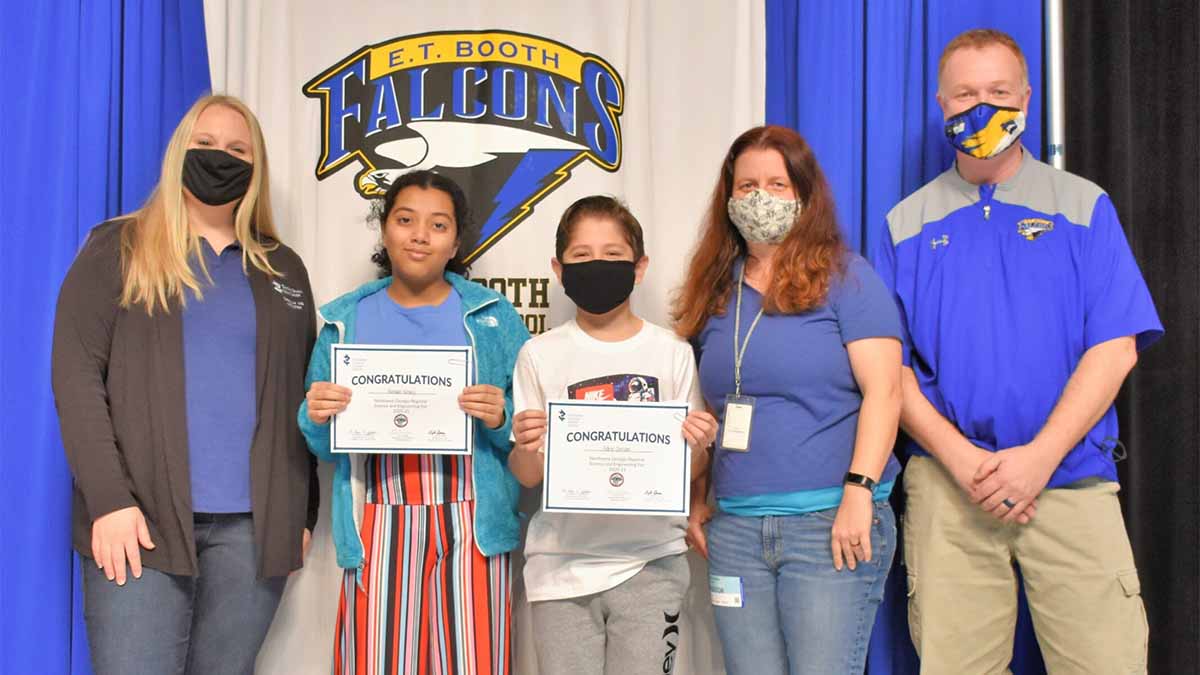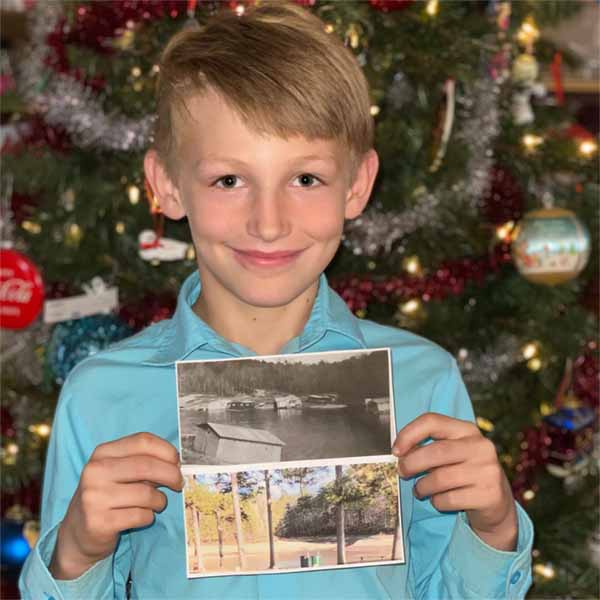Do you have a body of water that is near and dear to your heart? Maybe a creek in your back yard or a favorite spot to find tranquility from the hustle of the 9-5. If you fall into this category and you would like to take a more active role in the protection of this waterbody, Adopt-A-Stream may be for you.
In water quality testing, there is not a silver bullet kind of test that is all encompassing of water quality. Rather, we rely on a series of test that gives us a look in to the health of a body of water over time. These are “snapshots”, if you will, of what is going on at that particular moment. Over time, we start to see trends develop and when we see an abnormality, it lets us know something is wrong.
Adopt-A-Stream (AAS) has three main types of tests that give us excellent data on the health of the stream and when combined, give us a more comprehensive view of the waterbody.
Chemical Monitoring:
This type of monitoring looks at chemical parameters such as dissolved oxygen, pH, conductivity, and temperature to give us a look at the stream’s health on a monthly basis. Certain parameters fluctuate from season to season and it is important to have the data to establish trends. In order for aquatic life to survive, there are certain requirements for basic necessities to be met. Some of these necessities are the same for us. For instance, they all have to have oxygen to survive. Another extremely important parameter is pH. Most aquatic life requires between 6 – 8.5 and even minor changes can be harmful. More advanced testing is also available which includes alkalinity, nitrate, ammonia, and phosphate, if you are interested.
Bacteria Monitoring:
There are millions of varieties of bacteria that exist in nature and they all have a variety of sources and important roles to play in the natural world. The type of bacteria we look at in particular is E. Coli. This type is referred to as an indicator organism because it is a member of bacteria that are only found in the intestines of warm blooded animals. The level of this bacteria will let us know whether we will get sick or not if we or a four legged friend drinks from this body of water. This monitoring is also a monthly test.
Macroinvertebrate Monitoring:
This type of monitoring looks at the diversity and abundance of a macro-invertebrate (organism that lives in the water that can be easily viewed with the naked eye). Since these organisms are not very mobile, they are both easy to catch and provide a good health indicator of the water quality. Each organism has a different level of pollution tolerance before they perish, so a more diverse population of organisms are better than finding an abundance of one species. Monitoring for macro’s is only recommended quarterly since these organisms do not change much from month to month and we don’t want to disturb their ecosystem on a frequent basis.
Any surface water is a constantly moving and changing force of nature and as such there is no presumed safety in it’s consumption. Hopefully, should this program sound worthwhile to you, you can help protect this important natural resource for the generations that come after us.
